7 Things You Didn’t Know About Monique Roy
By
Monique Roy
1.
I was born in Cape
Town, South Africa
and moved to the U.S.
when I was 4. I grew up in Dallas, Texas,
which is still my home. I have visited Cape Town
four times. It is one of the most beautiful cities on Earth.
2.
I started playing tennis when I was 4. I
love the game and still play today, when I find the time!
3.
I started writing stories when I was a
little girl. I used to write little stories in a journal book my parents gave
me.
4.
I have traveled out of the U.S.
many times and have visited more than 15 countries.
5.
I am married with a cute one-year-old
little boy named Max.
6.
I am close to my family whom I adore. I
live nearby my loving parents, two brothers, two sisters-in-law, two nephews,
and one niece.
7.
I love the ocean, snow, trees, chocolate,
tea, pasta, Indian food, reading, movies, art, and amazing places.
About the Author
Monique's passion for
writing began as a young girl while penning stories in a journal. Now she looks
forward to deepening her passion by creating many unique stories that do
nothing less than intrigue her readers.
Monique holds a degree in
journalism from Southern Methodist University in Dallas
and is the author of a middle-grade book Once Upon a Time in Venice,
historical fiction novel Across Great Divides, and historical fiction novel A
Savage Kultur.
Monique was born in Cape
Town, South Africa,
and her grandparents were European Jews who fled their home as Hitler rose to
power. It’s their story that inspired her to write Across Great Divides, her
first historical novel.
Historical fiction lets
you escape to another time and place; and Monique likes to explore the past so
that we can potentially better understand the future.
Monique resides in Dallas,
Texas, with her husband and son. She also
works as a freelance writer.
Website: www.monique-roy.com
Twitter: https://twitter.com/MonWriter1
BOOK BLURB:
In Oxford, England,
Ava, a Jewish art student at Oxford University,
receives a heart-wrenching letter from her grandfather after he dies. From the
letter, she learns that her grandfather has given her his London
art gallery, which he says will secure her future, as well as provide a place
for her to grow her artistic talents and follow her passion for art. The letter
also describes his one last wish—that she find a treasured Vincent van Gogh
painting, The
Lovers: The Poet's Garden IV, that
belonged to her grandparents and was deemed degenerate and looted by the
Nazis in 1937.
Arriving for the
first time at the gallery, she discovers old photographs in a secret room that
recount the harrowing past—a Nazi propaganda parade in 1937. She quickly
becomes aware that the room and the gallery, with an empty frame for the
missing van Gogh, hold such rich memories of her grandparents. As conversations
with her family members and those connected to the painting spur memories, the
book switches back and forth between the current timeline and the timeline
during the war to tell the stories of those affected by the painting and its
fate.
On the train to
her grandfather’s funeral, she meets Gordon Rose, an FBI agent, disguised as an
art restitution lawyer. He helps her track down the missing van Gogh, while at
the same time, he goes after an Neo-Nazi albino art forger named Luther.
Ava pays several visits to her grandmother, her only living
relative who lived through the war, hoping she remembers something about the
past that will be a clue to the missing painting and their lives in Germany
during the war. It is in these hours that she sits with her grandmother that
she learns about her grandparents finding refuge on an Austrian farm after they
flee Munich and of Charlotte, a
local farm girl who lives at Lake Toplitz.
Ava’s grandmother who struggles with dementia recalls Charlotte’s
last name. With this information, Ava tracks down Charlotte
at her home at Lake Toplitz
and questions the old woman about what happened at the lake. On her last
breath, Charlotte speaks of the
secrets hidden in the lake.
When Gordon breaks into Luther’s Austrian hideout, he
believes Luther has forged the missing van Gogh painting. Luther claims it is
the real deal. To right a wrong and under the duress of Gordon and law
enforcement, Luther returns the painting to Ava.
Ava takes the van Gogh painting to her grandmother. Still
not sure if it's the real thing or not, Ava wants to bring her grandmother
closure during her last days. Gordon wonders if they should call an art expert
to examine the painting. She believes it was meant to
be there, whether real or fake. In the end,
Gordon and Ava reveal their true feelings for one another.








































































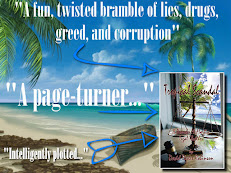




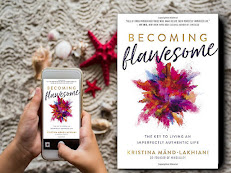
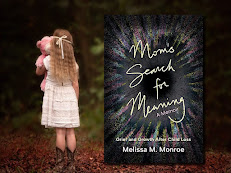
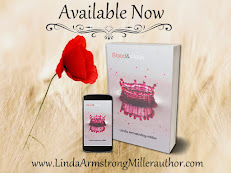


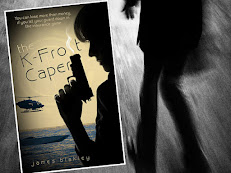

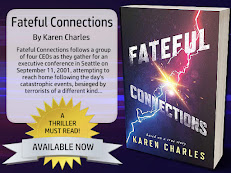
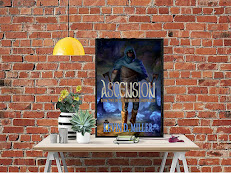






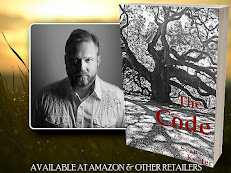







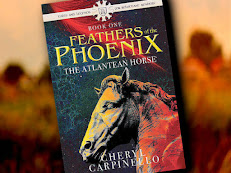


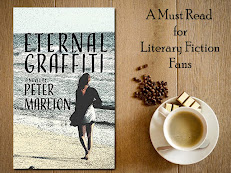




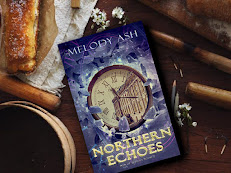

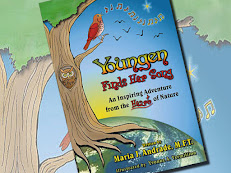




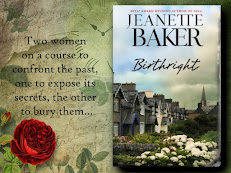
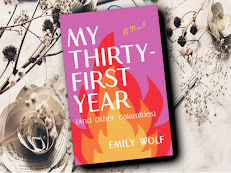

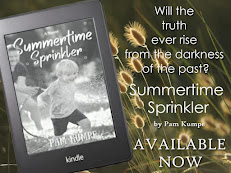

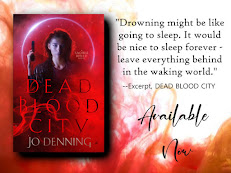


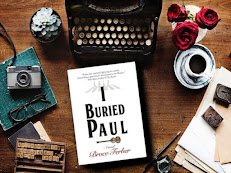
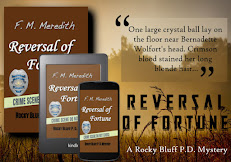


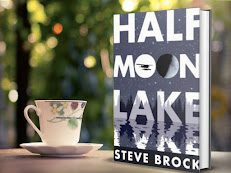

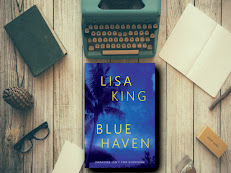



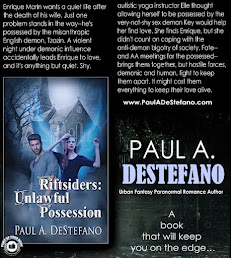







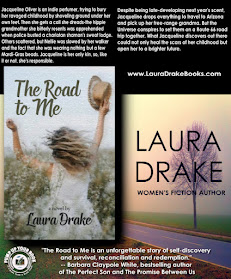



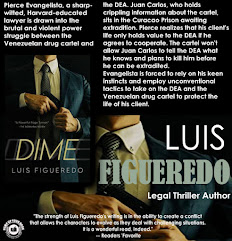























No comments:
Post a Comment